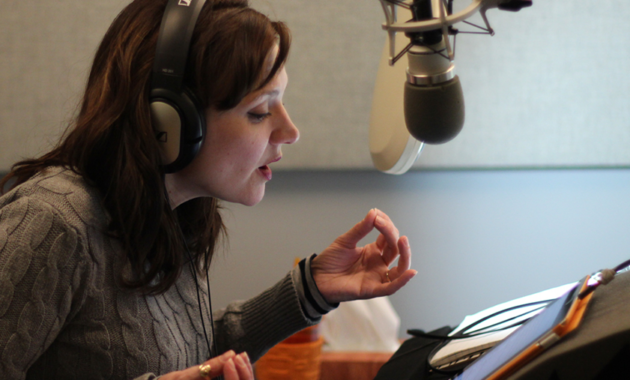
Mastering the art of documentary narration requires more than just a pleasant voice. It demands dedicated training, meticulous preparation, and a deep understanding of the craft. As we've explored in our overview of The Art of Documentary Narration, the narrator's role is crucial in bringing a documentary to life. This guide will delve into the essential voice training techniques and preparation strategies for aspiring and professional documentary narrators.
Understanding the Unique Demands of Documentary Narration
Before diving into specific techniques, it's important to recognize what sets documentary narration apart:
- Clarity and Precision: Conveying complex information accurately
- Emotional Range: Adapting tone to match the content's mood
- Stamina: Maintaining vocal quality over long recording sessions
- Adaptability: Adjusting style for different documentary genres
Essential Voice Training Techniques
1. Breath Control
Proper breathing is the foundation of good narration:
- Practice diaphragmatic breathing
- Work on sustaining long phrases without gasping
- Learn to control your breath for emotional emphasis
For an in-depth look at breathing techniques for voice actors, the Voice Acting Academy offers excellent resources in their article 'The Importance of Breath Control in Voice Acting'.
2. Articulation Exercises
Clear articulation is crucial for conveying information effectively:
- Practice tongue twisters daily
- Focus on problematic consonant clusters
- Work on lip and tongue agility

3. Tone and Inflection
Developing a range of tones and inflections adds depth to your narration:
- Practice reading texts with different emotional intentions
- Work on subtle tone shifts for nuanced storytelling
- Develop a "neutral" tone for objective narration
4. Pacing and Rhythm
Mastering pacing is essential for engaging narration:
- Practice varying your speech rate
- Learn to use pauses effectively for emphasis
- Develop a sense of rhythm that complements visual pacing
Voice coach Julie Williams provides valuable insights on pacing in her article, "The Art of Pacing in Voiceover." It's a must-read for aspiring narrators looking to refine their timing skills.
Voice coach Julie Williams provides valuable insights on pacing in her article 'The Art of Pacing in Voiceover'." It's a must-read for aspiring narrators looking to refine their timing skills.
5. Accent and Dialect Work
While not always necessary, versatility with accents can be valuable:
- Study IPA (International Phonetic Alphabet)
- Practice neutral accents for international audiences
- Learn techniques for quickly adopting specific regional accents
Preparation Strategies for Documentary Narration
1. Script Analysis
Thorough script analysis is crucial for effective narration:
- Identify key themes and tone
- Research unfamiliar terms or concepts
- Mark breathing points and emphasis
2. Vocal Warm-ups
Always warm up your voice before recording:
- Start with gentle humming and lip trills
- Progress to articulation exercises
- End with some full-voice exercises

3. Physical Preparation
Your physical state affects your voice:
- Stay hydrated (room temperature water is best)
- Avoid dairy and acidic foods before recording
- Practice good posture for optimal vocal production
4. Mental Preparation
Being in the right headspace is crucial:
- Develop pre-recording relaxation techniques
- Visualize successful performance
- Stay focused and present during recording
5. Technical Familiarization
Understanding the technical aspects can improve your performance:
- Familiarize yourself with microphone techniques
- Learn basic audio editing to understand what can be fixed in post-production
- Understand the recording space acoustics
For a comprehensive guide on microphone techniques for voice actors, check out Voices.com's article article 'Microphone Techniques for Voice Actors'. It provides valuable tips that can significantly improve your recording quality.
Continuous Improvement
Becoming a great documentary narrator is an ongoing process:
- Regularly listen to and analyze top documentary narrators
- Seek feedback from peers and professionals
- Consider ongoing coaching or workshops
The Narrator's Voice author Ann S. Kroeker offers excellent advice on continuous improvement in her piece '5 Ways to Improve Your Narration Skills'." It's a great resource for narrators at any stage of their career.
By dedicating time to these voice training techniques and preparation strategies, you'll be well-equipped to deliver compelling, professional-quality narration for documentaries. Remember, the key to mastery is consistent practice and a commitment to lifelong learning in this dynamic field.

